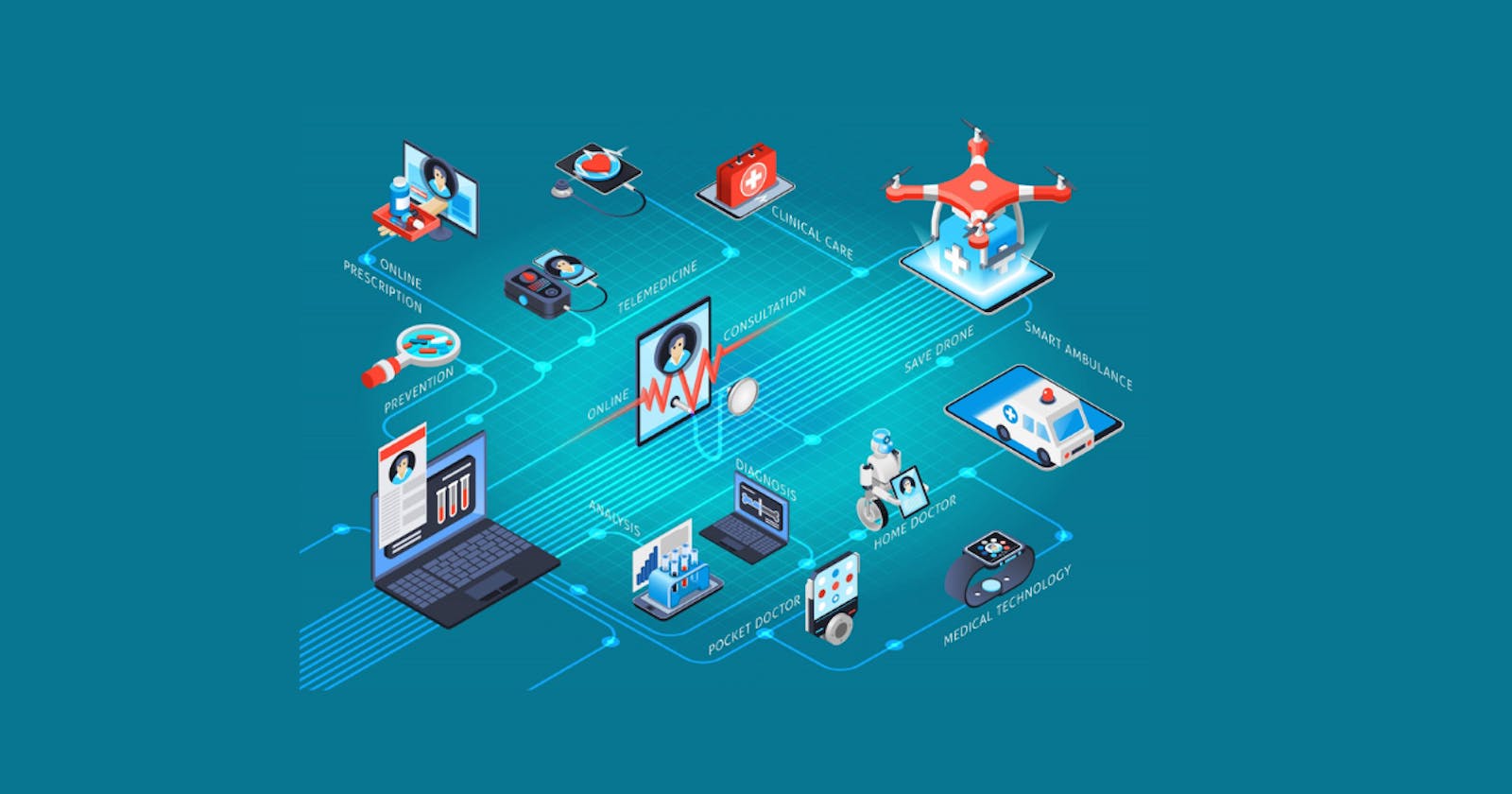In recent years, the integration of artificial intelligence (AI) in healthcare has revolutionized the industry, offering solutions to complex challenges and enhancing patient care. AI technologies are being deployed across various facets of healthcare, from diagnosis and treatment to patient monitoring and administrative tasks. Let's explore three key applications of AI in healthcare that are driving innovation and improving outcomes.
1. Medical Imaging and Diagnostics
AI-Powered Imaging Analysis
One of the most prominent applications of AI in healthcare is in medical imaging and diagnostics. AI algorithms are capable of analyzing medical images such as X-rays, MRIs, CT scans, and mammograms with remarkable accuracy and efficiency. By leveraging machine learning techniques, AI systems can quickly detect abnormalities, identify patterns, and assist healthcare professionals in making more accurate diagnoses.
Enhanced Accuracy and Efficiency
AI-powered imaging analysis enables healthcare providers to detect diseases at an earlier stage, leading to timely interventions and improved patient outcomes. Moreover, AI algorithms can help reduce the workload of radiologists by automating routine tasks and prioritizing critical cases, thereby enhancing efficiency and productivity in healthcare settings.
2. Personalized Treatment and Precision Medicine
Data-Driven Decision Making
Another significant application of AI in healthcare is in personalized treatment and precision medicine. AI algorithms can analyze vast amounts of patient data, including medical records, genetic information, and lifestyle factors, to tailor treatment plans and interventions to individual patients' unique needs. By leveraging predictive analytics and machine learning models, healthcare providers can make data-driven decisions that optimize treatment efficacy and minimize adverse effects.
Targeted Therapies and Predictive Modeling
AI facilitates the development of targeted therapies and predictive modeling approaches that consider patients' genetic makeup, disease progression, and response to treatment. By identifying biomarkers and genetic signatures associated with specific conditions, AI enables the design of more effective therapies that improve patient outcomes and reduce healthcare costs.
3. Remote Monitoring and Telemedicine
Remote Patient Monitoring
With the rise of telemedicine and remote healthcare delivery, AI plays a crucial role in enabling remote patient monitoring and virtual care services. Wearable devices equipped with AI algorithms can continuously monitor patients' vital signs, activity levels, and medication adherence, providing real-time insights to healthcare providers and alerting them to any concerning changes in patients' health status.
Improved Access to Care
AI-driven remote monitoring solutions enhance access to healthcare for patients in remote or underserved areas, as well as those with chronic conditions who require regular monitoring and follow-up care. By enabling remote consultations and virtual check-ups, telemedicine powered by AI facilitates timely interventions, reduces hospital readmissions, and enhances patient satisfaction.
Conclusion
The applications of AI in healthcare are diverse and far-reaching, offering transformative solutions to longstanding challenges and improving patient care across the continuum. From enhancing diagnostic accuracy and personalized treatment to enabling remote monitoring and telemedicine, AI technologies are revolutionizing the way the healthcare industry is delivered and experienced. As AI continues to evolve and integrate into healthcare systems worldwide, the future holds immense promise for innovation, efficiency, and improved outcomes in patient care.

